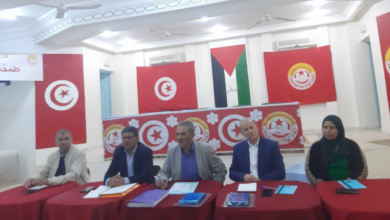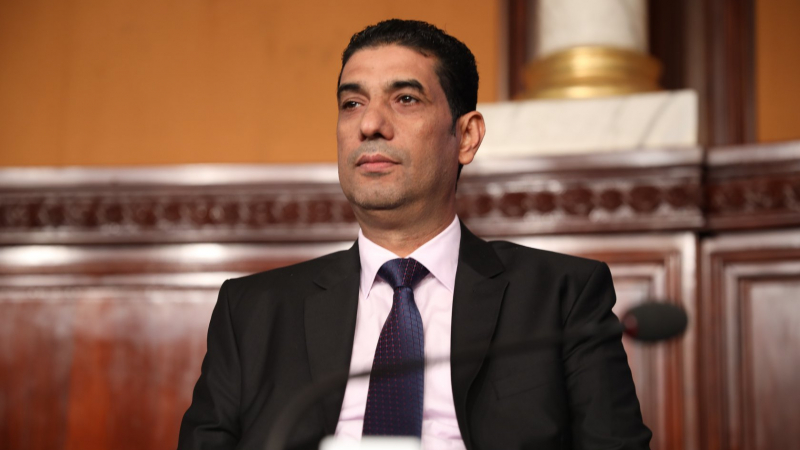The Impact of Photovoltaic Solar Projects on Rural Tunisia: Empowering Communities and Overcoming Challenges

Tunisia, a country blessed with abundant sunlight, is increasingly turning to solar energy as a solution to its energy needs, particularly in its rural areas. While much of the nation remains dependent on fossil fuels, the solar photovoltaic (PV) revolution is quietly transforming rural communities that have long been neglected by the traditional energy grid. Through initiatives such as mini-grid solar systems and rooftop photovoltaic panels for homes and small businesses, these projects aim not only to reduce reliance on fossil fuels but also to provide rural populations with reliable, affordable, and clean electricity. But how successful are these efforts, and what challenges remain in fully harnessing solar power’s potential in Tunisia’s most isolated regions
Bridging the Energy Divide
In rural Tunisia, access to electricity has been a longstanding issue. According to the World Bank, while urban areas have relatively high rates of electricity access, many rural communities, especially those in the southern and interior parts of the country, are still left in the dark. This energy gap is due to the high costs associated with extending national electricity infrastructure to remote areas, where populations are sparse and the terrain is often challenging
Photovoltaic solar projects offer a potential solution to this problem. The installation of solar panels, both on individual homes and in the form of decentralized mini-grids, is transforming rural areas by providing a source of energy that doesn’t rely on a centralized, often unreliable, grid system. Solar power is especially well-suited to Tunisia’s sunny climate, making it a cost-effective and sustainable option for communities that are far from the national grid
The Tunisia Solar Plan, which seeks to increase the country’s renewable energy capacity, has been pivotal in rolling out these initiatives. Through this plan, thousands of solar panels have been installed in rural homes and businesses, with a growing number of mini-grids being deployed to serve entire villages. These solar projects allow rural communities to not only access electricity for the first time but also to achieve a degree of energy autonomy that was previously unthinkable
Benefits for Local Communities
The positive impact of photovoltaic solar projects on rural Tunisia is undeniable. The immediate benefits are clear: electricity improves quality of life by enabling access to lighting, refrigeration, communication, and entertainment, all of which have a direct effect on education, health, and economic development. For example, rural schools can extend study hours, hospitals can store vaccines and operate medical equipment, and small businesses can stay open longer, all thanks to the reliable supply of electricity from solar panels
Beyond the basic provision of power, solar projects also present a unique opportunity for local economic growth. In a country where unemployment is a significant challenge, especially in rural areas, the solar energy sector has created jobs in installation, maintenance, and operation. Local entrepreneurs are also benefiting from the access to electricity that solar power brings—small enterprises, including craft businesses, food processing, and agriculture, are able to operate more efficiently and expand their reach to new markets. In some cases, solar-powered irrigation systems are improving agricultural productivity, while other businesses are seeing increased revenues due to the reliability of their energy supply
Solar energy is also a catalyst for social change in rural communities. Women, who are often tasked with managing household energy needs, now have more time to engage in productive activities, such as running small businesses, participating in community initiatives, or pursuing education. Solar projects, therefore, not only empower communities but also promote gender equality and social inclusion
Challenges in Implementation
Despite the clear benefits, the implementation of photovoltaic solar technology in rural Tunisia faces a number of obstacles. One of the main challenges is the lack of infrastructure, particularly in remote areas that are not easily accessible. Installing solar systems requires significant upfront investment, not only in the solar panels themselves but also in the infrastructure necessary to transport and install them. Furthermore, many rural areas still lack the technical expertise to maintain and repair solar systems, which can lead to equipment failure or underutilization of the installed technology
The cost of these solar projects, although decreasing, remains another barrier. While the price of solar panels has come down in recent years, the initial investment for rural communities is still a significant hurdle. In many cases, the government and non-governmental organizations (NGOs) provide subsidies or financing to alleviate this burden, but there is still a need for more affordable financing models that can ensure long-term sustainability. Moreover, while solar power may be an attractive solution in the short term, battery storage—which is necessary for providing power at night or on cloudy days—is still expensive and not widely available in rural areas
Another issue is policy consistency and the regulatory environment. While Tunisia has made progress in encouraging renewable energy, the policy landscape can sometimes be fragmented, with local governments and national agencies sometimes failing to coordinate effectively. Delays in permitting and inconsistent regulations can hinder the deployment of solar projects, leaving rural communities waiting for promised improvements that may not materialize as quickly as needed
Future of Solar in Rural Tunisia
Looking forward, Tunisia’s solar projects have the potential to reshape rural life. By 2030, the country aims to significantly increase its use of renewable energy, and solar power will play a central role in achieving this goal. However, for these projects to reach their full potential, more work is needed. Investment in training and education for local technicians, better financing mechanisms for rural households, and stronger government support are essential steps in ensuring that solar energy becomes an enduring, scalable solution
Moreover, involving local communities in the planning and execution of solar projects can enhance their effectiveness. When rural populations are engaged in the process, they are more likely to understand the value of solar power and take ownership of the technology, ensuring that systems are well-maintained and that the benefits are maximized
In the coming years, Tunisia’s push for solar energy could serve as a model for other countries in the region that face similar energy access challenges. With the right combination of technology, investment, and policy support, photovoltaic solar power could not only solve the energy problems of Tunisia’s rural areas but also act as a driver of economic development, social empowerment, and environmental sustainability
Tunisia’s experience with solar power shows that with the right investments, rural communities can become part of the green energy revolution—not just as recipients of aid but as active participants in building a more sustainable and prosperous future
Malek Chouchi




